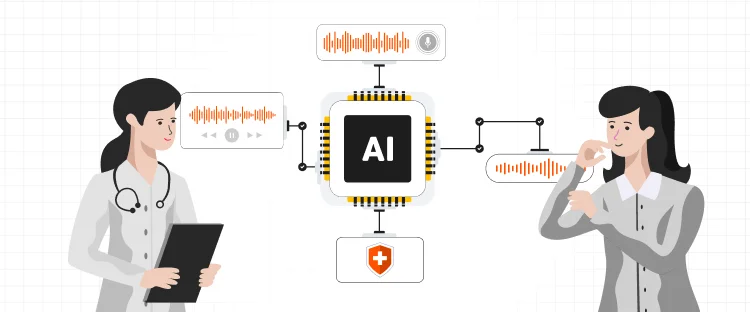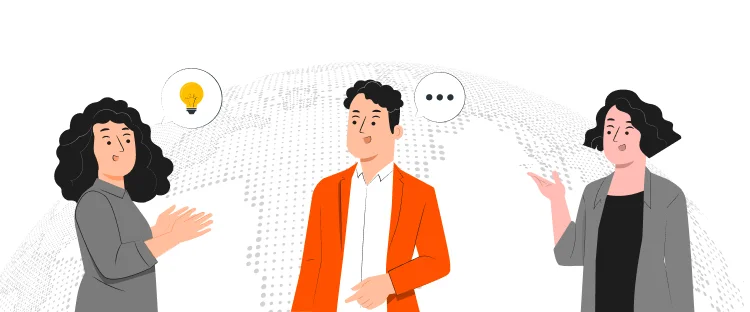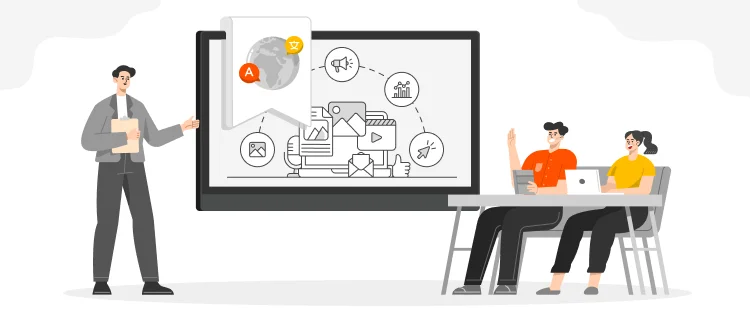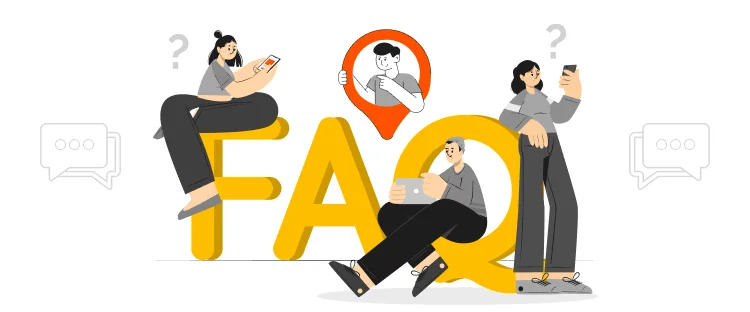According to the law, litigation is resolving the disputes between two parties about a legal case, reached either before or after the trial starts. A litigation contract is a document that not only deals with the disputes between the two parties but also provides possible results when both of them sue each other in the civil court of law. The contract is based upon the fact that the party either surrenders its ability to sue or to continue with the claim in return for the assurance written into the settlement. The court will then enforce the litigation, if it is breached, and the defaulted party can be sued.
In Portugal, there are no particular formalities to be coordinated with before the initial proceedings. Here, the litigation periods vary depending on the subject of the matter on hand. From a factual point of view, according to the law, the litigation period is 20 years again depending on the type of dispute. Civil proceedings are initiated with the statement of claim before the court and then only, the basic legal formalities are analyzed. Check out the Portuguese Litigation Translation Services, in case you’re looking for more information about the litigation Translation Services in Portugal.
Basically, there are two types of legal cases- criminal cases and the other is civil cases. A criminal case involves a charge pursued by a government official, that a person has broken the law and is liable for punishment. Civil cases involve private disputes between people where damages or some other issue is requested. These different types of cases require different proofs, different procedures and different witnesses. Let’s check out the litigation process in a civil case.
In civil cases, the plaintiff is the one who has filed the lawsuit whereas defendant is the one who is being sued. The process is started by filing a complaint in the court of law and then a summon is sent to the defendant. Depending on the lawsuit, other complaints and parties can be added. The purpose is simply to determine the legal claims, defenses or other legal issues involved.
Both the parties can then investigate, where they have to collect the facts and evidence relating the issue. These include written questions requesting information that has been provided under oath, written request for tangible evidence in possession of the other party, requests for medical examination and depositions which are sworn testimony taken before an attorney. There have been several books written on this subject. If you are unaware of the Portuguese language, you can hire the Document Translation Services. In addition, if you want more knowledge about the litigation process in Portugal, then make use of the Portuguese Litigation Translation Services.
Now, after the investigation is over from both the parties, and all the facts and evidences are collected along with the witnesses. The witness is now called upon to testify on certain facts within his knowledge and to give his opinion on the factual issues. For example, a physician can be called as an expert witness to testify what evidence he found during his examination of the plaintiff. Sometimes before the trial, both the parties need to disclose of their witness.
In the civil cases, the rules are very specific and broad. It requires the expert witness to bring along with him such evidence as a copy of his report, a complete statement about all the opinions that have been given, and any exhibits that have been used as summary and support, the qualification of the witness including a list of any other cases in which the witness has testified within the past 4 years.
If the case proceeds to trial, the witnesses may be called to testify. The party who calls the witness is liable to ask the first series of questions and then only the opposing attorney can cross-examine. Most civil cases are litigated at any time sometimes even before the case is filed. While filing a lawsuit, people who cannot read or understand your language, can take advantage of the Portuguese Translation Services.

Colorado is said to be one of the best places to do business because the business environment is very friendly
Read More
The global marketplace has become an attractive place for brands and businesses, where they strive to create a presence of
Read More
CAD, or computer-aided design and drafting (CADD), is the use of computer technology for design and design documentation. CAD software
Read More
Many global companies, foreign governments and Iranian are hoping to see an increase in investment in Iran after declaring the
Read More
Artificial intelligence has taken a big space in almost every industry. There is also a widespread acceptance that AI is
Read More
Persuasion is all about manipulating other people behavior. At first it might sound immoral but it doesn’t have to be.
Read More
Now days everyone is searching for good ideas for their company they wanted to be more creative, they wanted to
Read More
Technology has now much diverse roots in this age of development. Now it is not wrong to say, that you
Read More
Localization is the practice of altering the functional properties of a product and also its characteristics. This is easily done
Read More


Document Translation
Professional document translation by native expertsApp Localization
Get more downloads by adapting your app for different target marketsVideo Translation
Multilingual translation and subtitling servicesWebsite Localization
Adapt your website into multiple contexts for global reachSoftware Localization
Adapt your software for global usersGame Localization
Reach new players with localized gameplayMTPE
Refine AI translations for natural fluencyBusiness Translation
Professional translation for business documents and websitesDTP & File Conversion
Professional DTP and File conversion, supporting multiple file formatsProofreading
Perfect your content with expert review© Copyright 2025 MarsTranslation